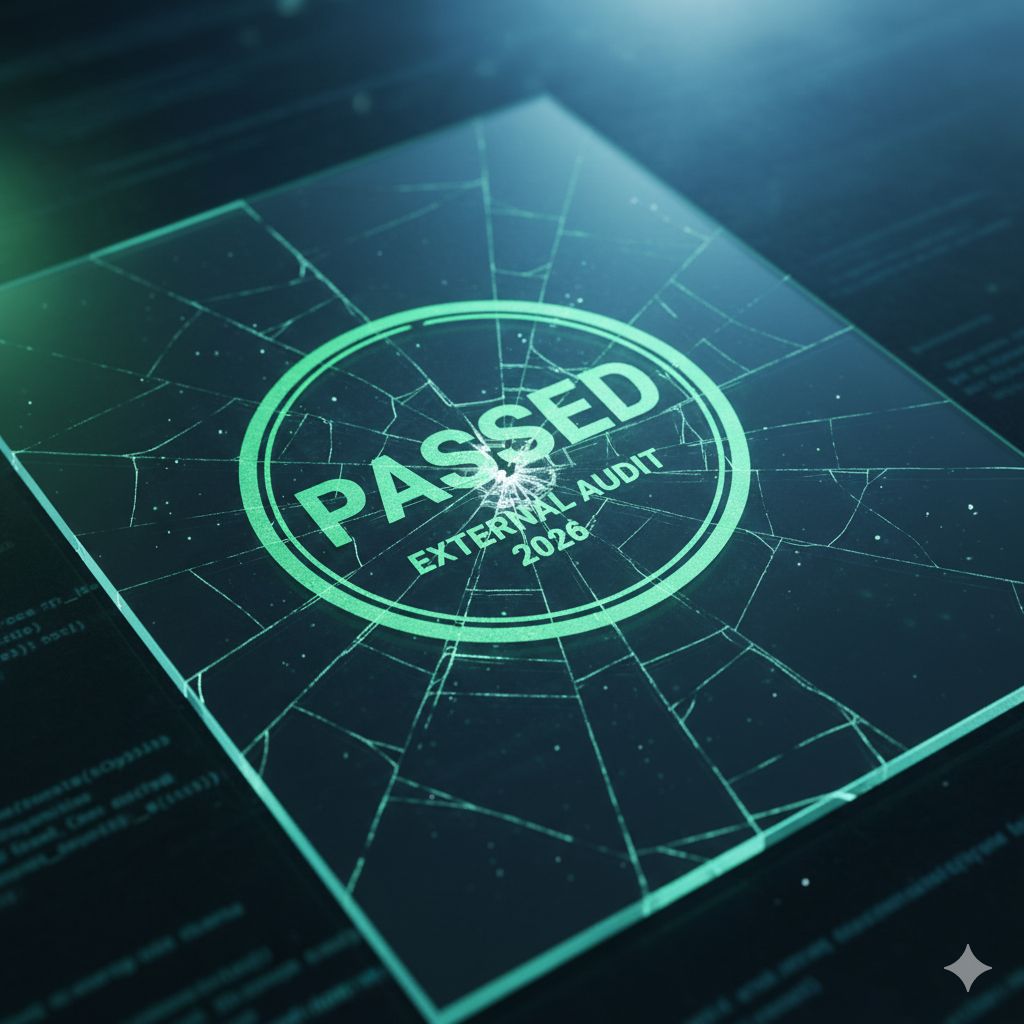Diagnosing the Health of Your Project & Yourself
When was the last time you went for a health check-up?
Now, ask yourself—when was the last time you assessed your project’s health?
We often focus on timelines, budgets, and deliverables, but we forget the most critical success factor—the project manager’s well-being. A failing project and a burned-out project manager often exhibit similar symptoms, and if ignored, both can lead to serious consequences.
Just like in medicine, early diagnosis and preventive care can save a project—and the project manager.
Spot the Symptoms: Project vs. Project Manager
A doctor diagnoses a patient by looking at symptoms. A project manager must do the same for their projects—and themselves. Here’s a quick comparison of warning signs:
| Project Health Symptoms | Project Manager’s Health Symptoms |
| Missed deadlines & scope creep | Constant fatigue & reduced focus |
| Lack of coordination among teams | Struggling with multitasking |
| Budget overruns & unclear priorities | Feeling overwhelmed & anxious |
| Frequent escalations from stakeholders | Irritability & frustration |
| High team turnover & disengagement | Lack of motivation & burnout |
Ignoring these signs in a project can lead to failure, just like ignoring health symptoms can lead to a medical emergency.
Project Check-Up: The Preventive Care Approach
Step 1: Regular Health Assessments
Just like annual medical checkups, projects and project managers need routine health assessments. Try these self-diagnostic questions:
📌 Project Health Checklist
✅ Are all stakeholders aligned on project goals and expectations?
✅ Are we tracking and mitigating risks proactively?
✅ Are tasks getting completed within planned timelines?
✅ Are budget and resource allocations under control?
✅ Is team morale high and collaboration strong?
📌 Project Manager Health Checklist
✅ Am I feeling motivated and productive in my role?
✅ Am I effectively delegating tasks to avoid burnout?
✅ Do I have a clear strategy for handling stress?
✅ Am I maintaining a work-life balance?
✅ Do I have support from my team and leadership?
If you find yourself answering “NO” to multiple questions, it’s time for a preventive intervention!
The Prescription: How to Treat and Prevent Issues
1. Coordination = The Nervous System of Project Management
Just like the human body relies on a well-functioning nervous system, a project relies on strong coordination. Poor communication leads to project paralysis.
Solution:
• Conduct regular stand-up meetings to ensure alignment.
• Use collaboration tools like or break data to last logical element to track progress.
• Set up a feedback loop with stakeholders to prevent misunderstandings.
2. Workload Balance = The Heartbeat of Sustainable Success
Overloading a project manager is like putting excessive strain on the heart. Eventually, it gives out.
Solution:
• Prioritise tasks using Eisenhower’s Matrix (Urgent vs. Important).
• Delegate tasks instead of micromanaging everything.
• Set clear boundaries—avoid after-hours work creep.
3. Risk Management = The Immune System Against Project Failures
A strong immune system protects the body from diseases; similarly, strong risk management prevents project failure.
Solution:
• Identify risks early using a Risk Register.
• Have a contingency plan in place.
• Regularly review and update risk mitigation strategies.
Final Thoughts: When to See a Specialist?
Sometimes, self-diagnosis isn’t enough—you need an expert. In project management, this could mean:
Consulting a mentor or senior leader when dealing with a complex issue.
Bringing in a specialist (e.g., Agile Coach, Change Management Expert) for expert intervention.
Seeking external training to upskill and stay relevant in changing project environments.
Key Takeaway
If a project shows symptoms of failure, don’t wait for a crisis—act early. The same goes for you as a project manager. A healthy project starts with a healthy project manager.
Write to me at aj@aniketjha.com to get the Project & Manager Health Self-Assessment Quiz
Image by Freepik




